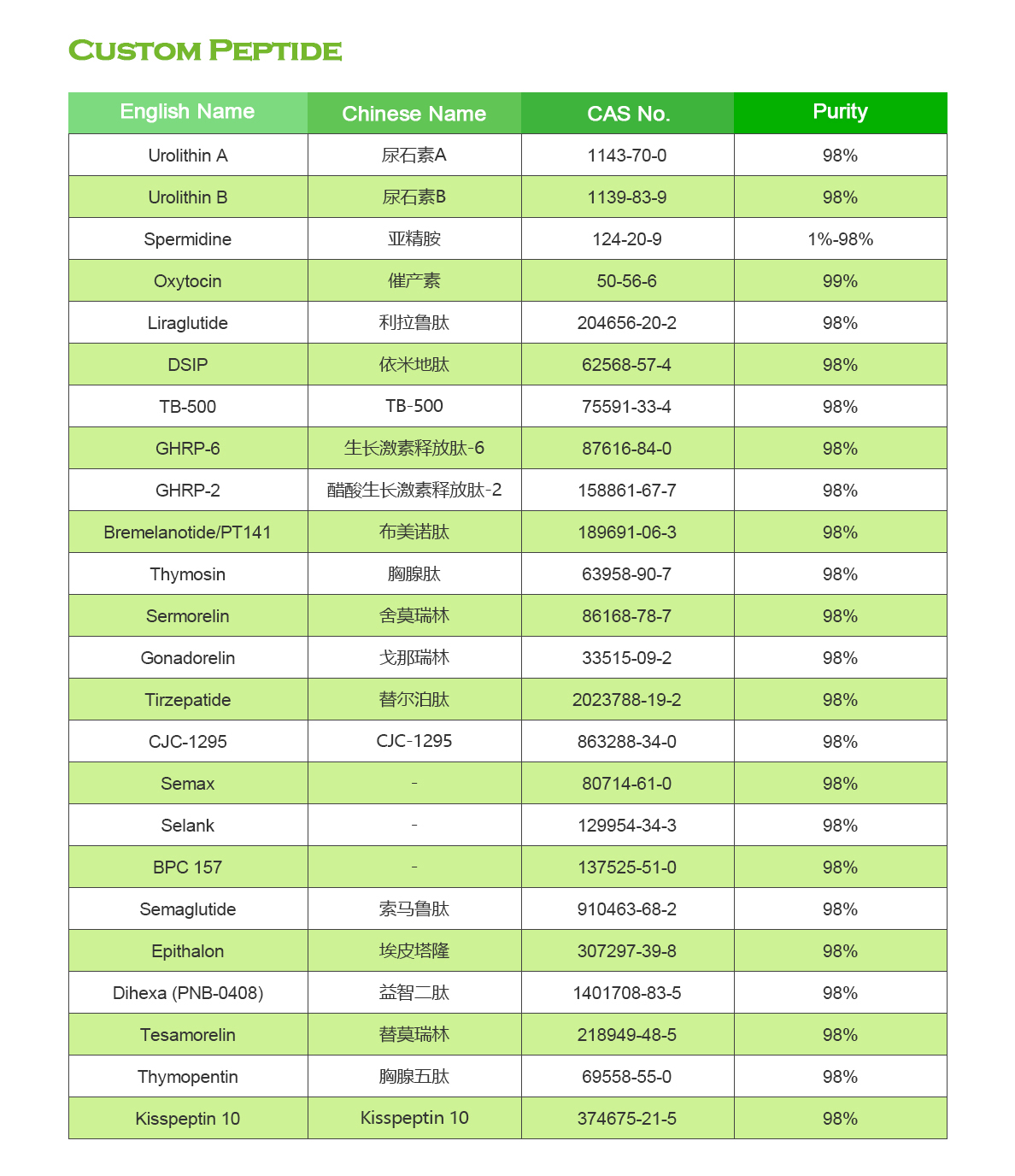BPC-157, or Body Protection Compound-157, is a synthetic peptide derived from a portion of a protein found in human gastric juice. It has gained attention for its potential therapeutic effects on various tissues and organs. However, it’s important to note that research on BPC-157 is still in its early stages, and while some studies suggest positive effects, more research is needed to fully understand its safety and efficacy. Here are some potential pros and cons associated with BPC-157:
Pros of BPC-157:
1.Tissue Healing: BPC-157 has shown potential in promoting tissue healing and regeneration. It may accelerate the recovery of injured muscles, tendons, ligaments, and other tissues.
2.Anti-Inflammatory Effects: Some studies suggest that BPC-157 may possess anti-inflammatory properties, which could contribute to its ability to promote healing and reduce inflammation in injured tissues.

3.Gastrointestinal Health: BPC-157 has been studied for its potential gastroprotective effects. It may help protect and promote healing in the gastrointestinal tract, including the stomach lining.
4.Joint Health: There is some evidence to suggest that BPC-157 may have a positive impact on joint health and may contribute to the repair of damaged joint tissues.
5.Nootropic Effects: Some users have reported cognitive benefits, such as improved memory and cognitive function. However, more research is needed to confirm these effects.
Cons of BPC-157:
1.Limited Research: Despite the promising findings in some studies, the overall research on BPC-157 is limited, and more studies are needed to establish its safety and efficacy across different conditions and populations.
2.Safety Concerns: The long-term safety of BPC-157 is not well-established. While short-term use in animal studies has generally shown a lack of significant adverse effects, the safety profile in humans is not fully understood.
3.Potential for Unregulated Products: As with many research chemicals and peptides, the quality and purity of commercially available BPC-157 products may vary. There is a risk of obtaining unregulated or contaminated substances, which could pose health risks.

4.Legal and Regulatory Status: The legal status of BPC-157 varies by country, and in some places, it may not be approved for human use. Users should be aware of the legal and regulatory considerations in their jurisdiction.
5.Unknown Interactions: The potential interactions of BPC-157 with other medications or substances are not well-studied. Individuals should exercise caution and consult with a healthcare professional before using BPC-157, especially if they are taking other medications.
It’s crucial to approach the use of BPC-157 with caution, and individuals considering its use should consult with a healthcare professional for personalized advice based on their specific health conditions and needs. Additionally, staying informed about the latest research findings is essential as the understanding of BPC-157 continues to evolve.
